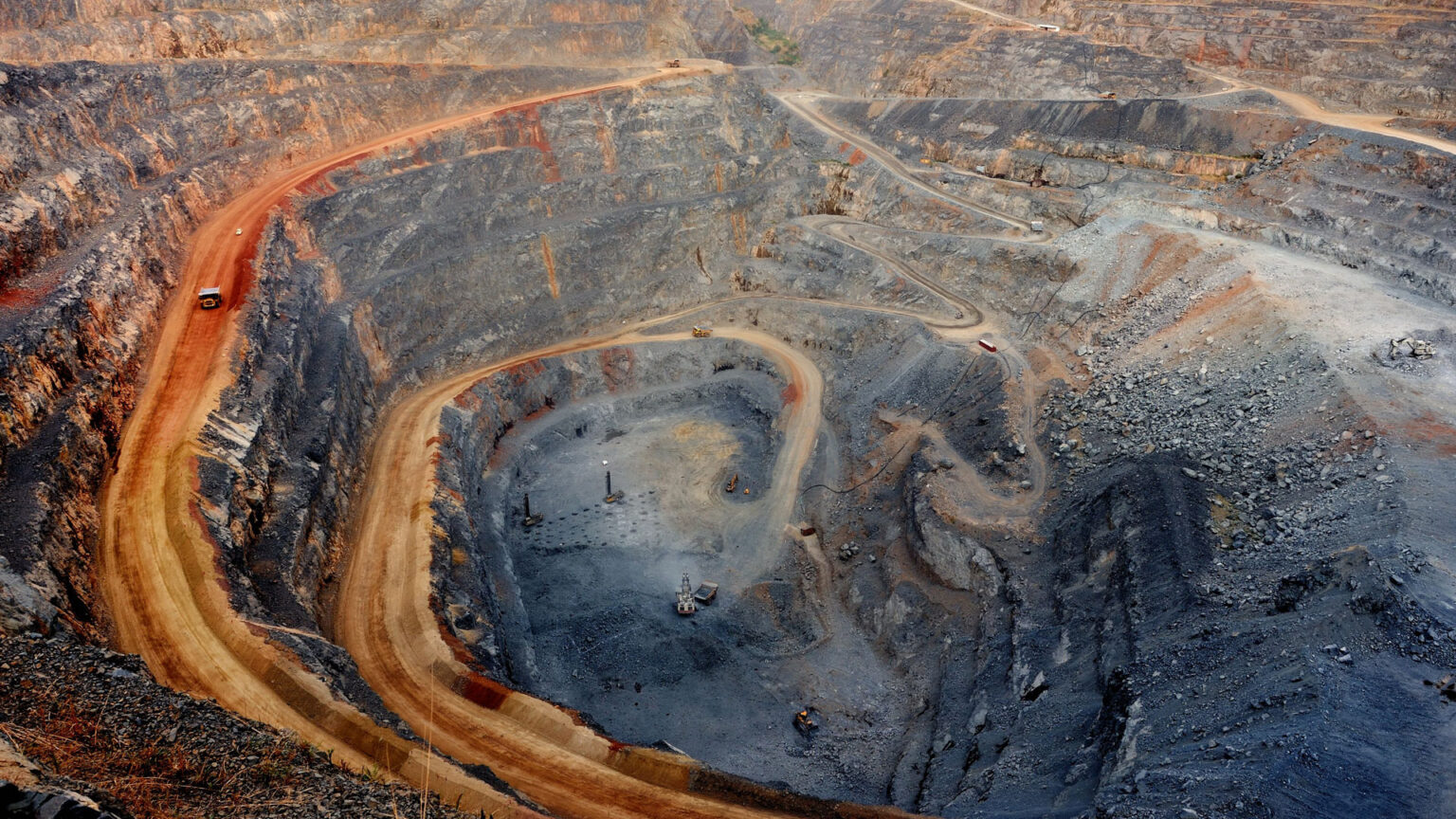- Tanzania’s Mining Act, which governs the exploration, extraction, and processing of minerals, is crucial in shaping the industry’s landscape.
- Since gaining independence, Tanzania’s approach to mining legislation has evolved significantly.
- The Mining Act in place today in Tanzania was designed to create a conducive environment for mining investments while safeguarding the nation’s interests and promoting sustainable development.
Tanzania’s mining sector is a significant pillar of the economy, contributing to the country’s GDP, employment, and foreign exchange earnings. The Mining Act, which governs the exploration, extraction, and processing of minerals, is crucial in shaping the industry’s landscape.
Over time, evolving challenges and the dynamic global mining environment have necessitated periodic reviews and amendments to this legislation. The latest proposed bill seeks to amend the Mining Act to address current issues, enhance sector governance, and ensure the sustainable development of Tanzania’s mineral resources.
Historical Context and Evolution of Mining Legislation in Tanzania
Since gaining independence, Tanzania’s approach to mining legislation has evolved significantly, reflecting shifts in government policy, economic priorities, and industry best practices. Initially, mining laws were designed to attract foreign investment, offering generous incentives and minimal restrictions. However, concerns over environmental impact, economic benefits, and local community rights led to more stringent regulations.
The Mining Act 1998 marked a pivotal change, introducing a legal framework to regulate the sector more effectively and ensuring that the country substantially benefits from its natural resources. Subsequent amendments, such as the 2010 and 2017 reforms, further tightened regulations, increased government royalties, and imposed local content requirements.
Despite these changes, the sector has faced ongoing challenges, including disputes over contracts, alleged tax evasion by mining companies, and concerns over environmental degradation. These issues underscore the complexity of balancing investment attraction with sustainable development and equitable benefits distribution.
Overview of the Current Mining Act
The Mining Act in place today in Tanzania was designed to create a conducive environment for mining investments while safeguarding the nation’s interests and promoting sustainable development. Key provisions include the regulation of licenses, the imposition of taxes and royalties, environmental protections, and requirements for local content and community development agreements.
This legislation has been pivotal in attracting foreign investments into Tanzania’s mining sector, leading to significant discoveries and the development of mines, particularly in gold and gemstones. However, criticisms have arisen over the years concerning its effectiveness in ensuring equitable benefits, protecting the environment, and addressing the concerns of local communities impacted by mining activities.
Read Also: Nigeria’s Bold Offshore Gas Mining Plan to Cost $5b as It Eyes Supplies to Europe
Proposed Amendments to Tanzania’s Mining Act
The recent bill proposed to amend the Mining Act is a response to these criticisms and the evolving needs of Tanzania’s mining sector. The amendments aim to tighten control over the industry, enhance transparency, and ensure a more equitable distribution of the sector’s benefits. Key proposals include:
- Increased Government Participation: Mandating state ownership in certain mining operations to secure a more significant share of the proceeds for the country.
- Regulation of Smelting and Refining: Introducing requirements for the local processing of minerals to add value within the country before export.
- Enhanced Transparency and Accountability: Implementing stricter reporting requirements for mining companies on production and revenues alongside audits and oversight mechanisms.
- Improved Local Content Provisions: Strengthening regulations to ensure more substantial benefits to local businesses and communities, including employment and supply chain opportunities.
These changes represent a shift towards more nationalist policies in the mining sector, reflecting a broader trend in resource-rich countries seeking greater returns from their natural assets.
Comparative Analysis
Compared to mining legislation in other countries, such as Canada, Australia, and South Africa, Tanzania’s proposed amendments echo a global move towards increased resource nationalism and local beneficiation. Countries like Botswana and Ghana have successfully implemented policies that ensure significant local participation and value addition. These examples offer valuable lessons on balancing investment attraction with national interests and sustainable development.
Challenges and Criticisms
While the proposed amendments address past challenges, they raise investor concerns about potential impacts on the sector’s attractiveness. Critics argue that increased government participation and stringent local content requirements might deter foreign investment, potentially slowing the sector’s growth.
Moreover, the practical implementation of these amendments, including the capacity to enforce new regulations and manage state participation in mining operations, presents significant challenges.
Future Outlook and Implications
The future of Tanzania’s mining sector under the new legal framework hinges on carefully implementing the proposed amendments.
If enacted thoughtfully, these changes could enhance the sector’s sustainability, ensure more equitable benefits distribution, and foster long-term growth. However, balancing the interests of all stakeholders—government, investors, and local communities—will be critical to achieving these objectives.
The proposed bill represents a crucial step towards redefining the landscape of Tanzania’s mining sector. By learning from past issues and adopting best practices around the globe, Tanzania can pave the way for a more inclusive and sustainable mining industry.
